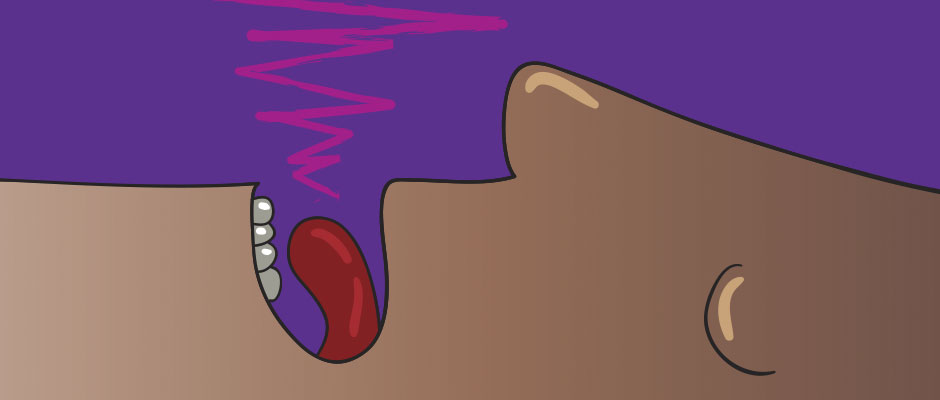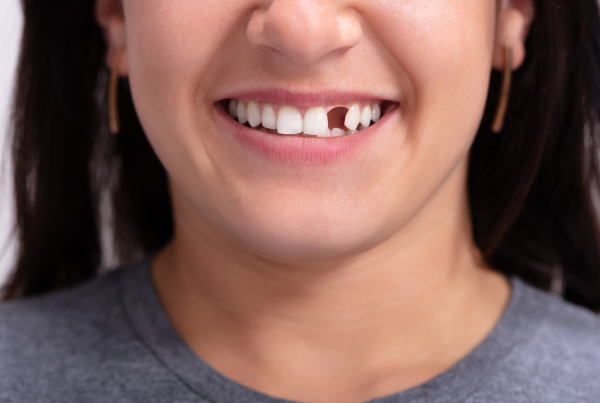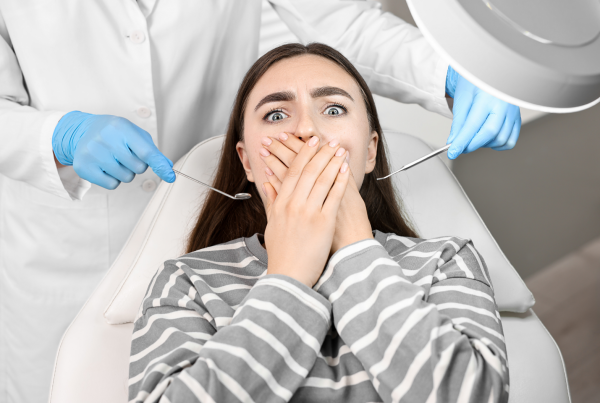Snoring is very common and many of us will snore occasionally. However habitual snoring can not only be very disruptive for anyone sharing your bed, but may present a health risk. Persistent interruptions to sleep can lead to a number of different problems, particularly if your habitual snoring is cause by a condition called sleep apnea.
What is the Difference between Snoring and Sleep Apnea?
Snoring occurs when the airway is partially blocked. This might be because you have a stuffy nose or sinus infection or may be due to poor muscle tone in your throat and tongue which allows the muscles to become too relaxed during sleep so they collapse inwards, partially obstructing your airway so these tissue vibrate every time you breathe causing that characteristic snoring sound.
Whereas snoring is continuous, with sleep apnea breathing is interrupted for several seconds as the airway become blocked and until your body prompts you to begin breathing again, often with a loud gasp or snort. Although you may not be aware when this happens, this will partially awaken you and can happen multiple times an hour. Interestingly, some people with this condition think they sleep quite soundly. This type of sleep apnea is called Obstructive Sleep Apnea (OSA) and it is relatively common.
Health Problems That Can Be Caused By Sleep Apnea
If you have OSA you are more likely to frequently wake up with a dry mouth or sore throat, or with a headache. A poor night’s sleep can lead to excessive daytime drowsiness, affecting your overall quality of life and increasing your risk of an accident. Waking up many times a night affects the quality of sleep and more time will be spent in light sleep, rather than in deeper and more restorative sleep. Over time, OSA can result in higher blood pressure, increasing the strain on your heart and the risk of stroke and heart attacks. OSA has also been linked to other health conditions including diabetes and even some cancers. A lack of sleep can increase the risk of weight gain and may accelerate the aging process.
Getting a Diagnosis
If your sleeping partner has complained about your snoring and you think there’s a possibility it could be OSA, then it’s worth getting a proper diagnosis. An examination by Dr. Larry Leslie will provide an initial assessment as this condition can be caused by a large tongue or tonsils and is affected by your head and neck size. The risk also increases with age. Sometimes a sleep study will be recommended to pinpoint the problem.
Getting Treated
There are a number of quite easy ways to treat sleep apnea and the most straightforward is to wear a custom-made night splint that works by putting your lower jaw into a more forward position so the airway is kept open during sleep. This can work well and may be combined with self-help measures such as avoiding excessive alcohol consumption, changing your sleeping position and by ensuring your weight is within a healthy range.





